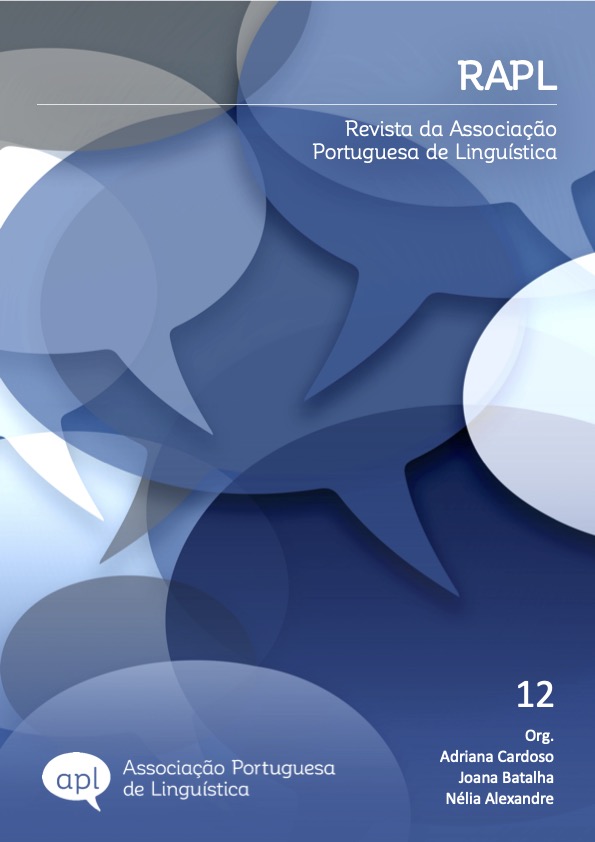The acceptance of non-European varieties in the teaching of Portuguese: reality and perceptions in five schools in São Miguel
DOI:
https://doi.org/10.26334/2183-9077/rapln12ano2025a1Keywords:
linguistic varieties, linguistic prejudice, teaching, equality, diversityAbstract
As a result of the recent increase in migratory flows that have Portugal as their destination, Portuguese schools now have to deal with the reality of having a considerable number of foreign students in the classroom, including a significant number of students coming from countries that have Portuguese as their official language. If, on the one hand, communication with them is easier due to linguistic affinity, on the other hand, their presence in Portuguese schools has changed little or nothing in terms of the prevailing linguistic variety in the Portuguese education system, which continues to be exclusively the European one. In this paper, which follows a qualitative methodology, with content analysis of interviews, we reveal the perceptions of teachers from five schools in São Miguel (Azores) regarding non-European Portuguese linguistic varieties and their possible acceptance in teaching and exams carried out in Portugal, as well as how they act in situations in which they have native speakers of non-European Portuguese varieties in their classes. Most of the teachers we interviewed considered the subject to be pertinent and up-to-date, and were in favor of accepting the different varieties and adopting pedagogical practices for integrating students who speak them while pointing to difficulties arising mainly from the lack of training and guidance on the didactic and assessment issues.
Downloads
Downloads
Published
How to Cite
Issue
Section
License
Copyright (c) 2025 Ana Teresa Alves, José Carlos Pereira

This work is licensed under a Creative Commons Attribution-NonCommercial-ShareAlike 4.0 International License.
Authors retain copyright and concede to the journal the right of first publication. The articles are simultaneously licensed under the Creative Commons Attribution License, which allows sharing of the work with an acknowledgement of authorship and initial publication in this journal.
The authors have permission to make the version of the text published in RAPL available in institutional repositories or other platforms for the distribution of academic papers (e.g., ResearchGate).




